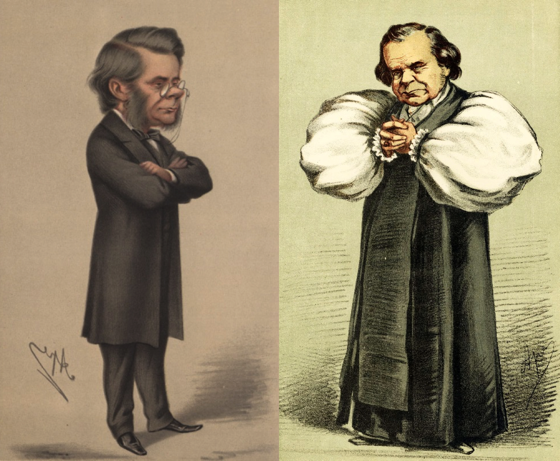 |
| Published in Acta Astronautica June 2025, open access till end July |
Can there be
any answer to that question that makes sense? We’ve been looking since the
1950s but ‘Space is big, really big…’ One answer is to consider from the
problem that Schelling posed: “if you have to meet someone in New York City
tomorrow but can’t communicate, what is your best option on where to go?” That’s
a Schelling Point, one that both you and the person you hope to meet could
mutually guess. (The most likely answer back in the ‘50s was the viewing deck
of the Empire State building.
But in
space? Now you have to consider whether you’re dealing with Apes, Angels or
Men. Don’t write off the Apes; they just
need time to – bang the rocks together? – and then they’ll be as good as us and
probably behave like us, so time is the only barrier. But we can write off Angels
because they’re not here. Something may prevent species like ours ever becoming
omnipresent and omnipotent in our own galaxy. So if we limit our search for ‘people
like us’ who are limited to power sources we can pretty much scope out – fusion
power and fusion drives – then the BIGNESS OF SPACE becomes the limiting factor,
and this includes how far a transmitter can signal and be picked up by the sort
of tech we can imagine.
It would
help, wouldn’t it? to have a unique place that everyone knew about to go look
for signals. The only location that has been proposed hitherto is the galactic
centre. Unfortunately, it’s a very nasty place! In addition to the
super-monstrous black hole SgrA*, there are (by x-ray observation) probably a
million stellar-mass black holes flitting around it. Even a space captain of Luke
Skywalker’s skill would need all his time and energy dodging problems, let
alone set up a beacon. In the very long timescales for a beacon to be of any
use, even stars aren’t safe as they can be ejected by the black hole. Need
somewhere quieter. In the AMiTe Treffpunkt section of this blog, I proposed the
AMiTe point mid-way between the Milky Way and Andromeda galaxies, a great place
for chains of starships to thread through and exchange information, but way too
far for a beacon to signal with any reasonable chance of refuelling. However,
there was another point in that paper also defined by Local Group geometries,
the ‘MiM’ (mid-Magellanic) point. At the suggestion of Mike Garrett, academic
director of Jodrell Bank, I expanded that idea into a paper. I’m pleased to say
that it was accepted for publication by the prestigious Acta Astronautica.
Sadly, as I wasn’t funded for the work and ‘Open Access’ is very expensive if
not backed up by an institution, it will only be available until end July for
free, and then will go behind a pay wall (these guys have to make money too!).
For now you can see it at:
https://authors.elsevier.com/a/1lFAPLWHGBKg-
Picture credit: Elsevier, used with permission









.png)